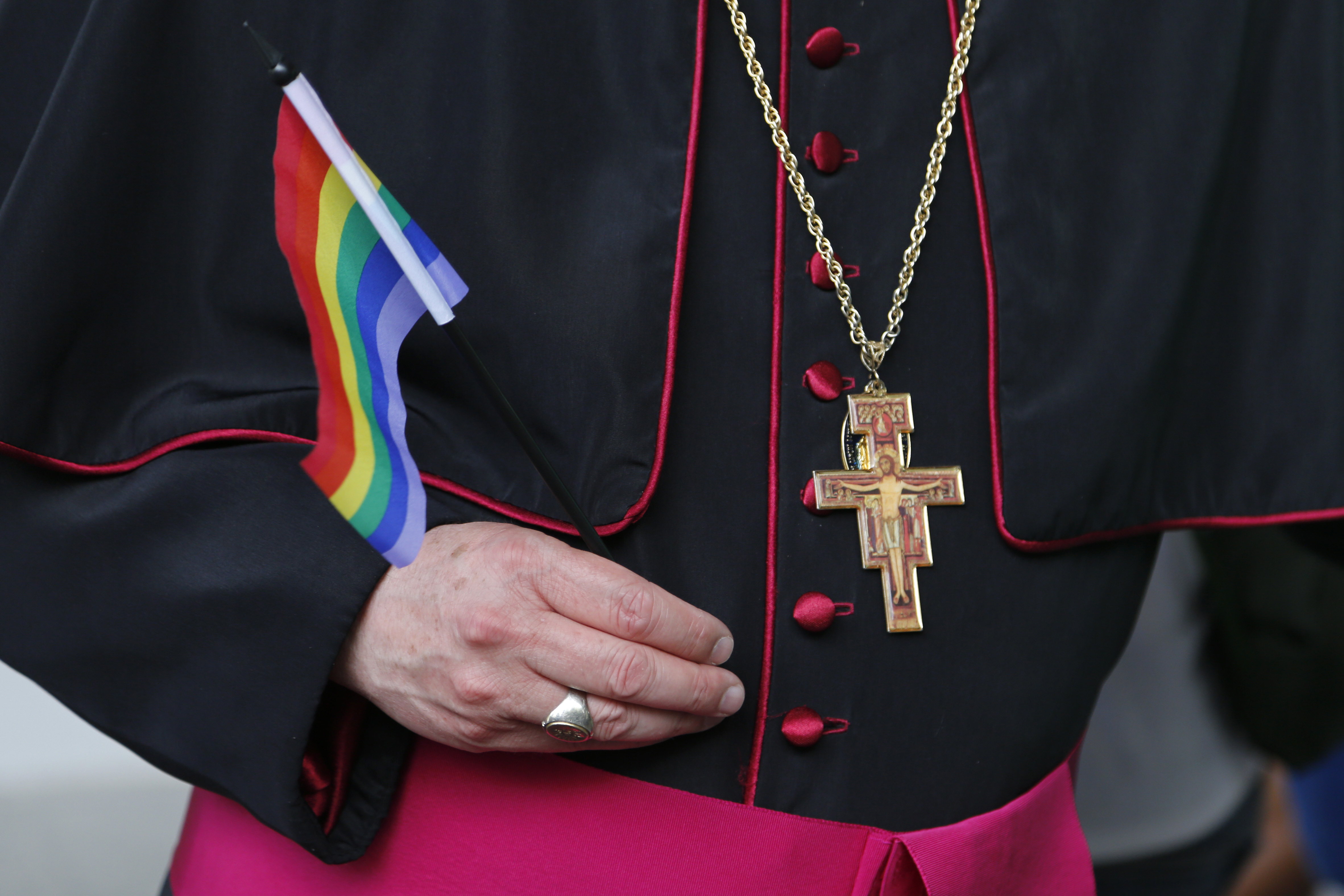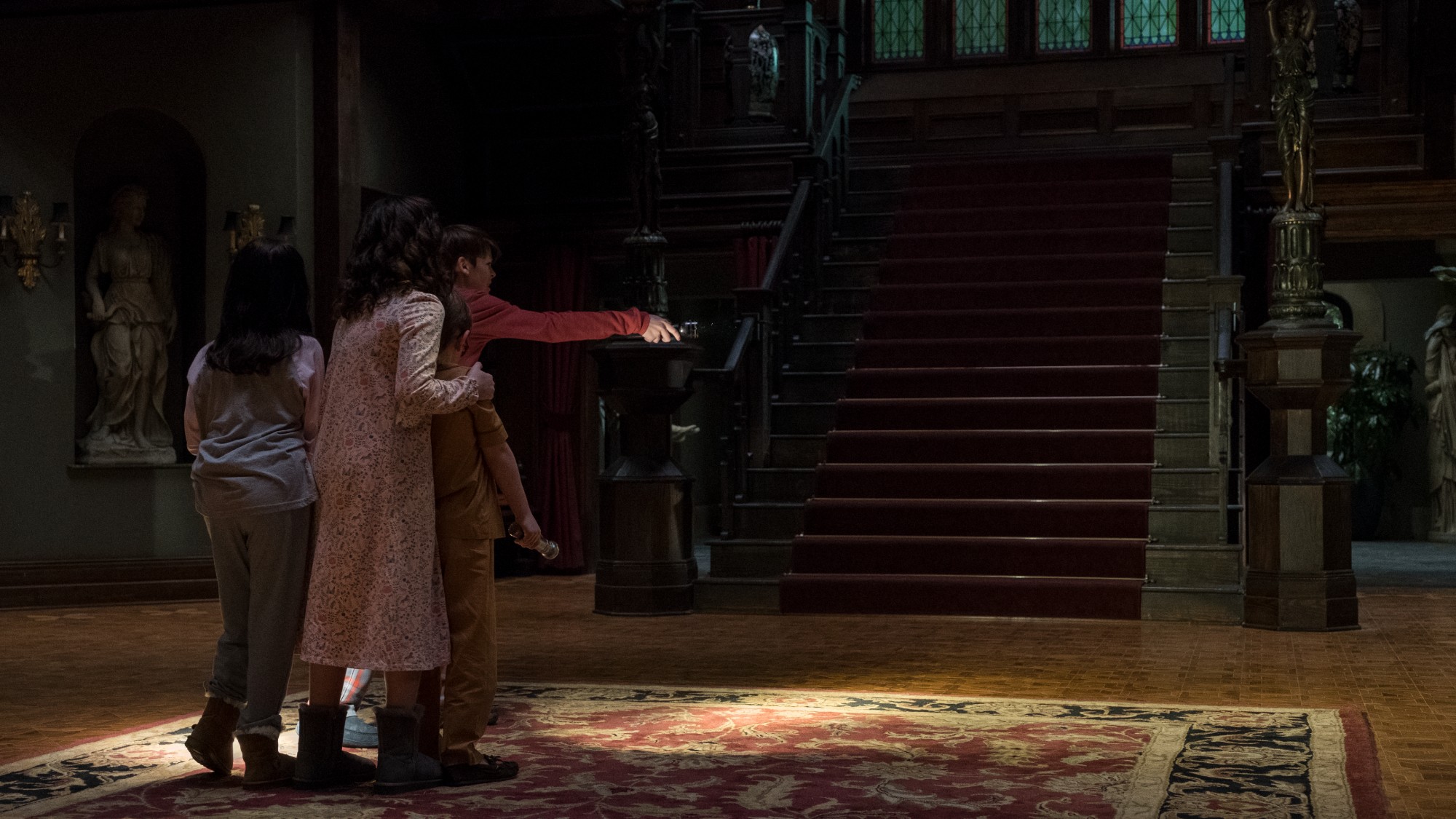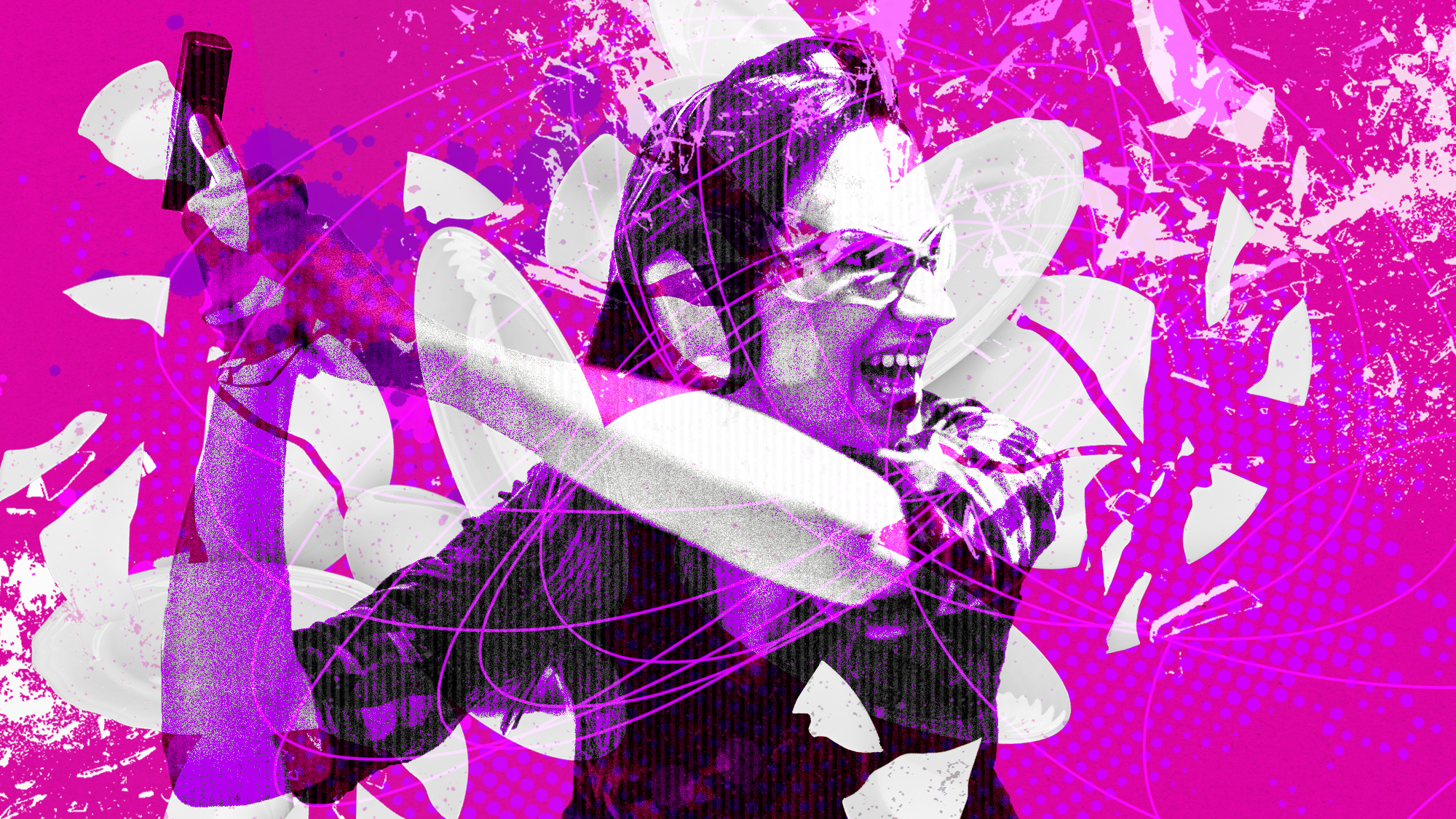Why are Catholics so supportive of gay marriage?
Lots of experts were surprised that "Catholic Ireland" voted in gay marriage. They haven't been paying attention.


Last weekend, Ireland overwhelmingly approved a constitutional amendment legalizing same-sex marriage, the first country in the world to do so by popular vote. The reaction invariably included some degree of shock that a country about 85 percent Roman Catholic would embrace marriage equality. Well, the Irish Catholics aren't alone.
Much to the Vatican's evident chagrin, majorities of Catholics all over the West support same-sex marriage, often at higher rates than other Christian denominations. In majority-Protestant Northern Ireland, the provincial Assembly has refused to join the rest of the United Kingdom in allowing same-sex marriage — most recently in January — and First Minister Peter Robinson recently agreed with his wife that homosexuality is "an abomination."
In the U.S., a 2014 Pew poll found that 57 percent of Catholics support gay marriage, including 75 percent of Catholics age 18 to 29 and even 45 percent of regular churchgoers. (In the same survey, 70 percent of Catholics said homosexuality should be accepted, including 60 percent of weekly churchgoers.)
The Week
Escape your echo chamber. Get the facts behind the news, plus analysis from multiple perspectives.

Sign up for The Week's Free Newsletters
From our morning news briefing to a weekly Good News Newsletter, get the best of The Week delivered directly to your inbox.
From our morning news briefing to a weekly Good News Newsletter, get the best of The Week delivered directly to your inbox.
In April, a poll by the Public Religion Research Institute found support for gay marriage among U.S. Catholics at 60 percent, close to the 62 percent among white mainline Protestants — most of whose churches now allow same-sex marriages. That's a stark contrast to the 66 percent of white evangelical Protestants who oppose same-sex marriage (generally in line with their churches' stances).
So what's going on with Catholics?
"Throughout the world, the Roman Catholic Church has made opposition to gay marriage its hallmark for the past few years," notes Rev. Paul F. Morrissey, a Catholic priest writing at USA Today. But he essentially agrees with The Week's Damon Linker, arguing that, paradoxically, the Irish voted in gay marriage "precisely because Ireland is so overwhelmingly Catholic."
That may sound batty, but Fr. Morrissey's argument is twofold. The first has to do with the erosion of credibility on sexual matters in the Irish Catholic hierarchy, after years of revelations about covered-up child sexual abuse and other horrible sins. Because of the sex abuse, especially, he writes, "what the Church teaches about sexuality is rejected almost as a duty." He is talking about Ireland, but the same could be said of the Catholic episcopacy in the U.S. and many other Western nations.
A free daily email with the biggest news stories of the day – and the best features from TheWeek.com
Morrissey's second point has to do with Catholic teachings on marriage, and the abiding Irish "faith in God, which is bigger and deeper than the Catholic Church":
Because the Irish have been brought up by the Catholic Church to view marriage as a sacrament is the reason they can shift sideways to see a same-sex relationship in the same God-blessed way. Because marriage is a beautiful commitment of love, taught to them by the Church, is why the Irish can make the connection to two people of the same sex loving each other with a similar commitment. It is the love commitment they value, and have come to see in their friends and family members who are gay and lesbian as well.... It doesn't matter who the partners are — "I promise to love you all the days of my life, so help me God." [USA Today]
Mo Moulton at The Atlantic cites the Catholic Church's emphasis on the family, arguing that "the brand of gay equality that's developing in Ireland right now deserves broader attention" in the larger Catholic world.
"It takes the traditional social teaching of the 20th century Catholic Church, with its emphasis on family ties and community cohesion, and reinterprets it for a 21st century in which many don't view sex not aimed at reproduction as a sin," she writes. "If Pope Francis's recent efforts to shift the Vatican's focus away from homosexuality, abortion, and contraception, and toward the support of families and the alleviation of poverty, echo these Irish trends, I suspect it's not entirely a coincidence."
If Catholic social teachings and emphasis on families — mixed with a broadening understanding of family — and community are part of the explanation, they aren't the only ones. In 2012, Jamie Manson at the National Catholic Reporter focused on the theological component, attributing the outsize Catholic support for gay marriage to "the Catholic imagination," or "Catholic sacramental view of the world."
In the Protestant Christian tradition started by John Calvin, "human beings are totally depraved and enslaved to sin," Manson summarized. "God saves human beings in spite of who they are, not because of any intrinsic goodness or merit that they have," and salvation is preordained by God.
Catholic theology teaches a different relationship between God and humanity, in which "grace perfects nature," she wrote. "Yes, human beings are a mess, and we're born into a very messy world. But because we are created by God and because everything God creates is good, there is intrinsic goodness in us." What does that have to do with gay marriage? Manson explained:
Those who possess a sacramental view of the world often realize that any human person or relationship that brings love, mercy, forgiveness, kindness, generosity, or faithfulness into the world is a sign of God's grace.... They have recognized these graces can come forth as much through same-sex couples as heterosexual couples. Those who have a Catholic imagination recognize that a couple's ability to enter into a marriage commitment is not contingent on their anatomies, but on the depth, strength, and fruitfulness of their bond. [National Catholic Reporter]
E.J. Dionne at The Washington Post puts that more succinctly: "For advocates of gay marriage, the issue is about the equal dignity of human beings — a thoroughly Christian principle — far more than it is about a particular view of sexual morality."
Whatever the reasons, the dissonance between the Catholic faithful and the Catholic hierarchy poses a big challenge for church leaders. And it should probably look less like Cardinal Pietro Parolin's characterization of Ireland's referendum as "a defeat for humanity" and more like Dublin Archbishop Diarmuid Martin's recognition that this is "a social revolution" and "a reality check across the board" for the Catholic Church. Martin continued:
We tend to think in black and white but most of us live in the area of grey, and if the church has a harsh teaching, it seems to be condemning those who are not in line with it. But all of us live in the grey area. All of us fail. All of us are intolerant. All of us make mistakes. All of us sin and all of us pick ourselves up again with the help of that institution which should be there to do that. The church's teaching, if it isn't expressed in terms of love — then it's got it wrong. [Martin, to RTÉ News]
The big question for Pope Francis and the Catholic Church is whether the tone — focusing on gay sex rather than all extramarital, non-procreative sex, or any other Catholic-recognized sins (like greed) — is wrong or the teaching. The Catholic body, at least in the West, seems to have made up its mind. Your move, bishops.
Peter has worked as a news and culture writer and editor at The Week since the site's launch in 2008. He covers politics, world affairs, religion and cultural currents. His journalism career began as a copy editor at a financial newswire and has included editorial positions at The New York Times Magazine, Facts on File, and Oregon State University.
-
 The 8 best horror series of all time
The 8 best horror series of all timethe week recommends Lost voyages, haunted houses and the best scares in television history
-
 Breaking news: the rise of ‘smash hit’ rage rooms
Breaking news: the rise of ‘smash hit’ rage roomsUnder the Radar Paying to vent your anger on furniture is all the rage but experts are sceptical
-
 Did markets’ ‘Sell America’ trade force Trump to TACO on Greenland?
Did markets’ ‘Sell America’ trade force Trump to TACO on Greenland?Today’s Big Question Investors navigate a suddenly uncertain global economy
